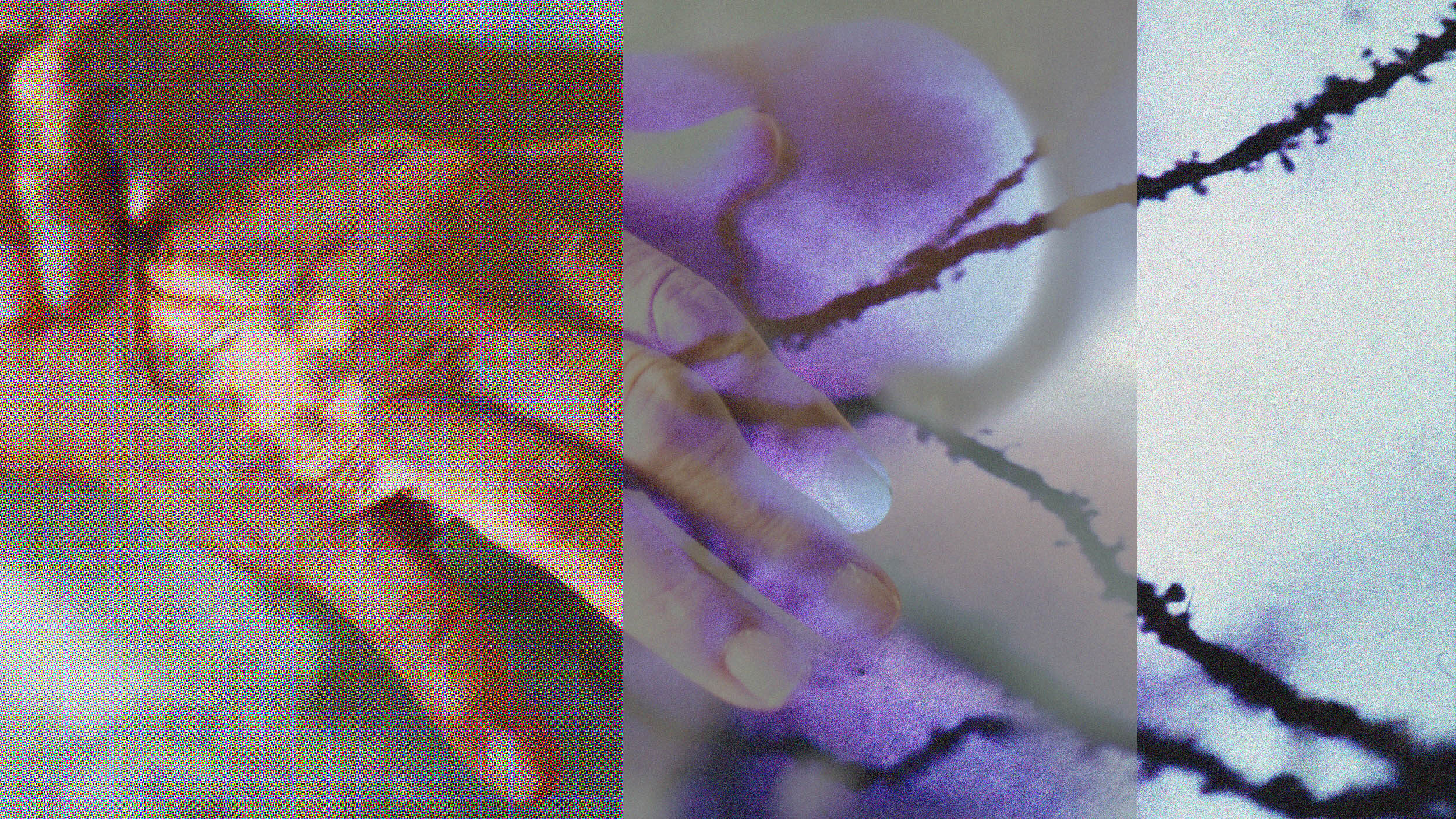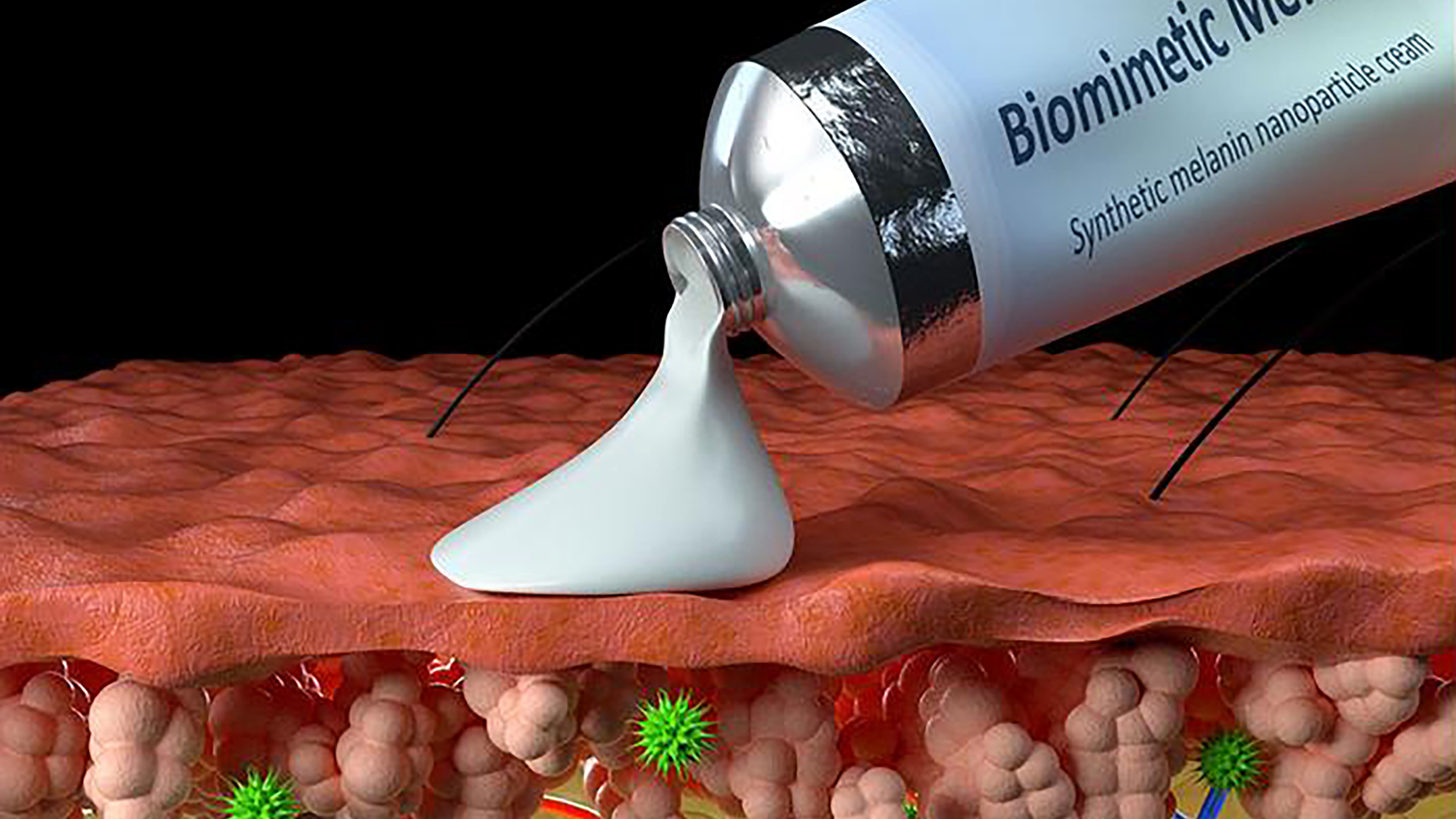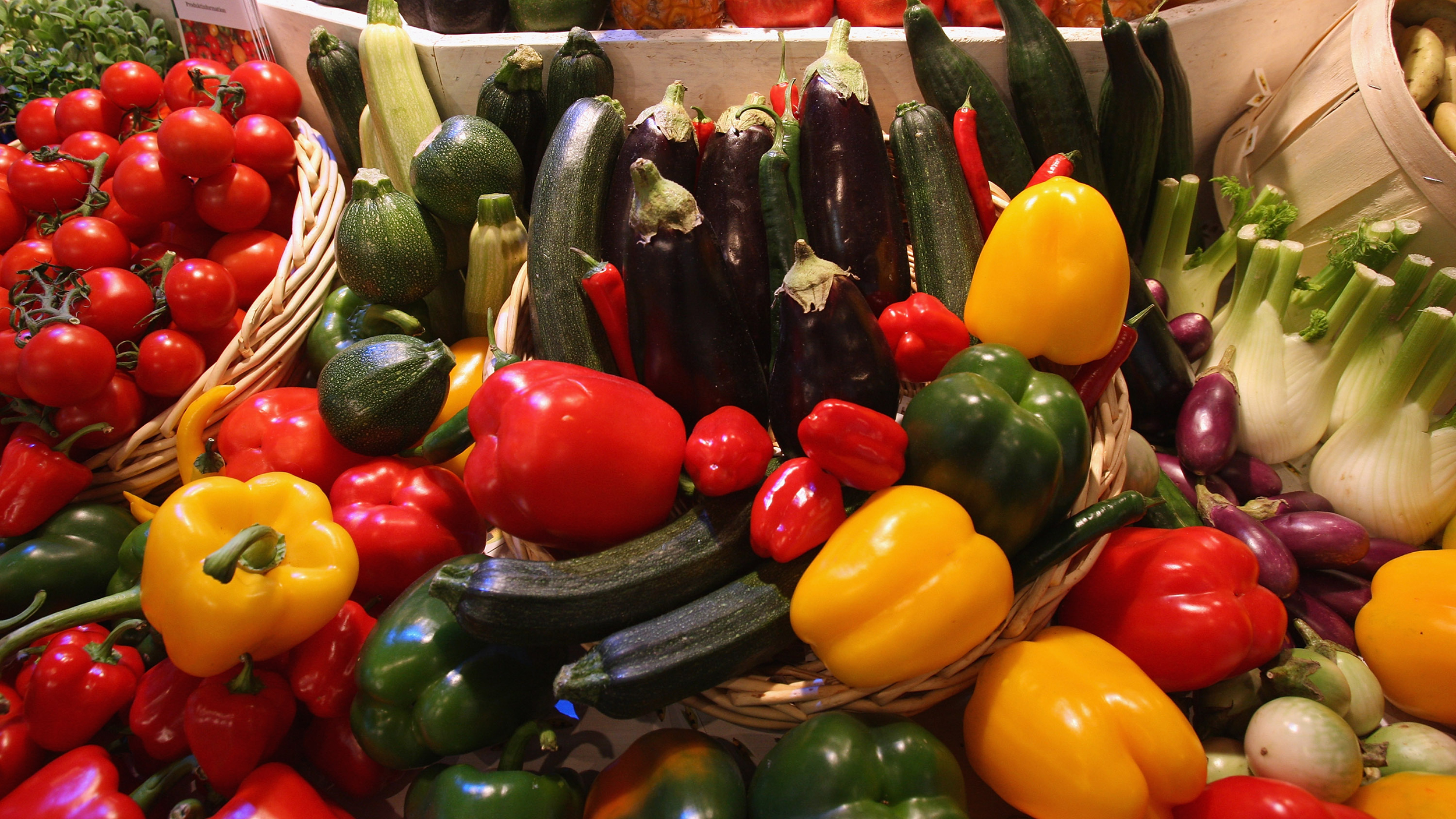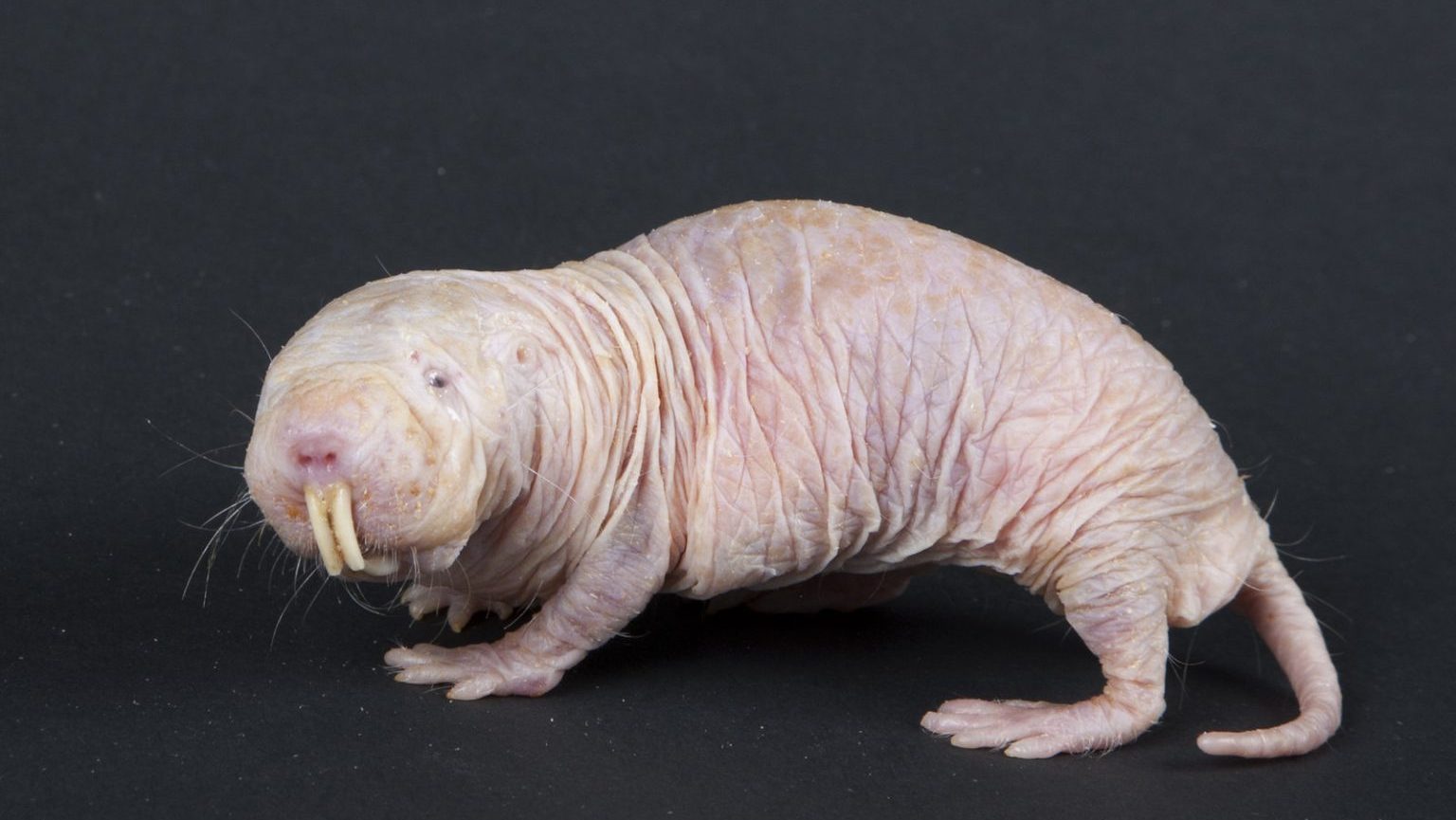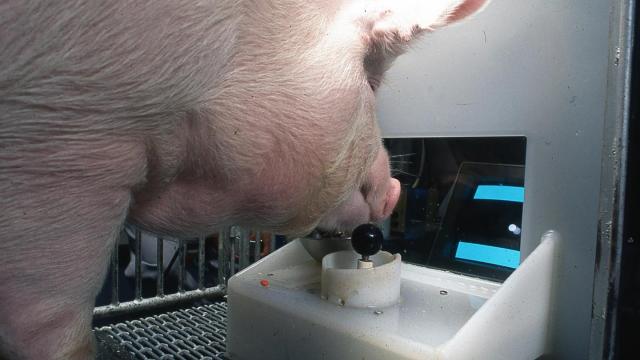Grapes are ‘edible sunscreen’ according to a new study

Credit: Rajesh Rajput/Unsplash
- The skin of study participants who consumed lots of grapes developed an increased resistance to UV light.
- Grapes contain polyphenols, good stuff for repairing skin and fighting inflammation.
- After their grape adventure, biopsies revealed less skin-cell damage from UV light.
The sun’s ultraviolet rays can be punishing to human skin. Sunblock can mitigate the potential damage, but when it comes to protecting our body’s largest organ, more help is always appreciated. A new study from researchers at the University of Alabama, Birmingham (UAB) may have just the thing: They’ve just discovered that the consumption of grapes can significantly increase the skin’s resistance to UV rays.
Grape consumption may act as an ‘edible sunscreen,'” lead author of the study Allen Oak of the UAB School of Medicine says. “This does not mean that grapes should be used in lieu of sunscreen, but they may offer additional protection which we are eager to continue learning more about. This research is exciting because our current findings provide building blocks for additional studies that may eventuate in an oral photo-protective product from a natural source.”

Credit: Maciej Serafinowicz/Unsplash/Big Think
For the study, published in the Journal of the American Academy of Dermatology, the researchers fed 19 healthy volunteers a powder of freeze-dried grapes for 14 days. This is the equivalent of 2.25 cups of grapes per day.
The participants’ sensitivity to UV light was assessed before the trial period, and again afterward. Each individual’s skin was assigned a Minimal Erythema Dose (MED) value — the threshold beyond which UVC radiation causes visible reddening to skin after 24 hours. After the test period, the amount of UV light required to redden each participant’s skin was 74.8 percent greater than it had been before. This is the first study demonstrating this effect.
Biopsies also revealed fewer skin-cell deaths and fewer inflammatory markers. These slow down healing and may be linked to skin cancer.
The enhanced resistance to UV light came courtesy of an increase of polyphenols in their skin. Polyphenols are a naturally occurring family of compounds found in grapes, berries, and other fruits. They’re also in products derived from them, such as wine, chocolate, tea, and legumes.
“Study results indicate that oral consumption of grapes has systemic beneficial effects in healthy adults,” says Oak, citing prior research showing that polyphenols repair UV-ray damage, and that they can also reduce inflammation.
The researchers also found that a topical application of a grapeseed extract containing the polyphenol proanthocyanidins inhibited the formation of sunburn cells.
An estimated one in five Americans develops skin cancer by age 70, with most cases being linked to sun exposure, including 90 percent of nonmelanoma skin cancers and 86 percent of melanomas.
The study finds early indications that grape consumption may also help a person avoid skin cancer, though these findings are just preliminary, cautions Oak, and require further investigation before a definitive conclusion may be drawn.
Principle investigator Craig Elmets, also of UAB, tells the California Table Grape Commission, “We saw a significant photoprotective effect with grape consumption and we were able to identify molecular pathways by which that benefit occurs — through repair of DNA damage and downregulation of proinflammatory pathways. Grapes may act as an edible sunscreen, offering an additional layer of protection in addition to topical sunscreen products.”
